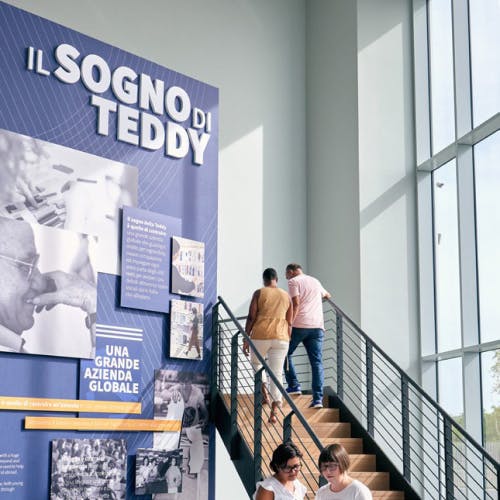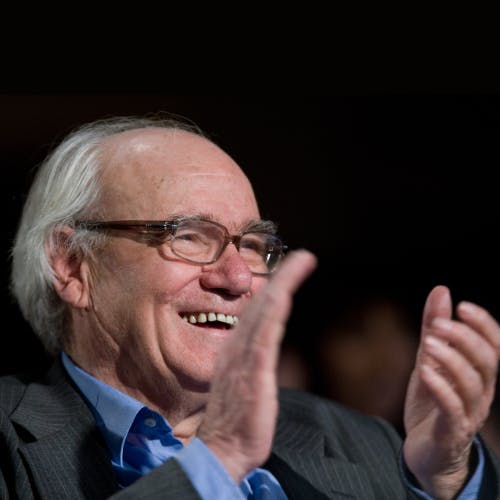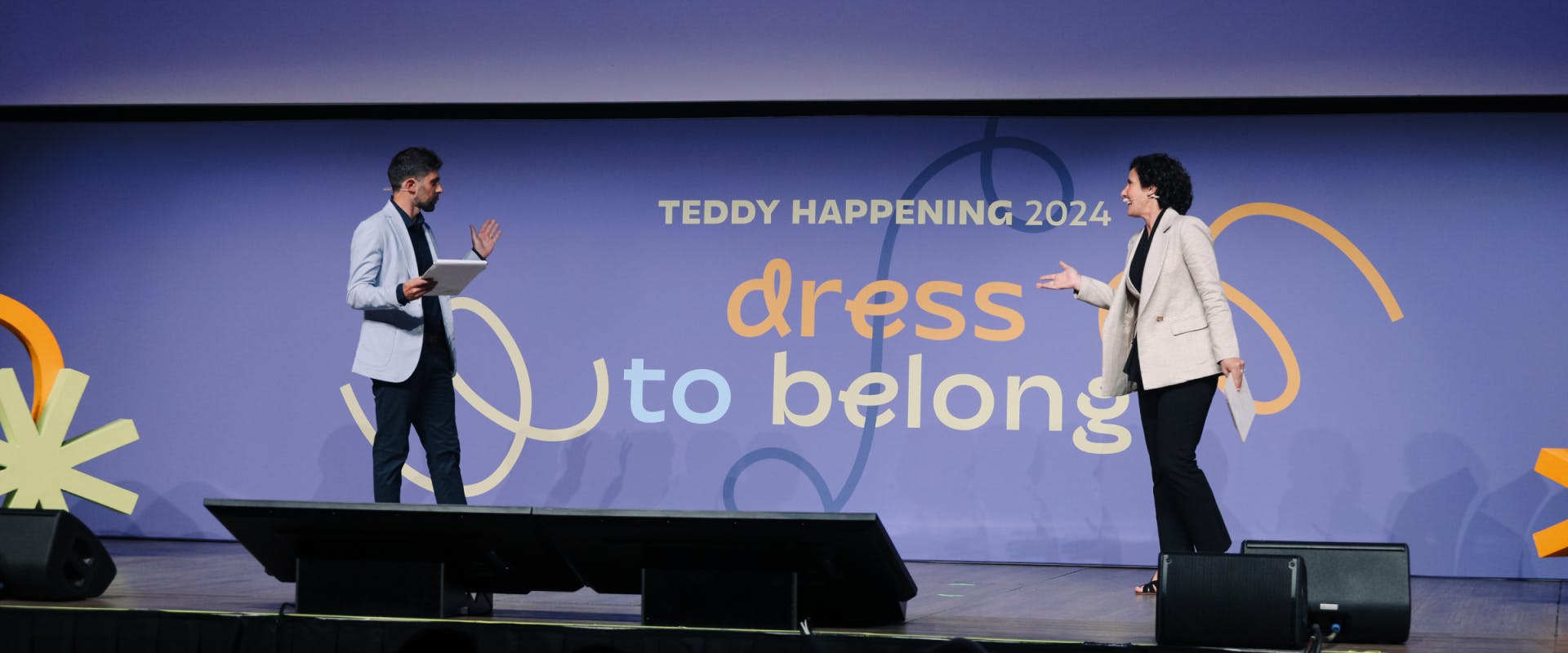belong to world
Italy beyond the line of mediocrity: the challenge of a possible change
The 58th Censis Report* gives us the image of a “frozen” Italy, hanging in the balance between stagnation and transformation. Our country resists without big falls, but struggles to find the impulse to build a future living up its potential. It is a condition called “The Italian Syndrome” in the Censis Report: floating on the line of mediocrity, a kind of fragile balance that makes us stay afloat, but prevents us from swimming firmly towards change.

The “Italian Syndrome” tells about a condition of a country that struggles to get the momentum required to turn its success into a lasting progress, although showing a remarkable ability to withstand crisis. It is like Italy floating on the line of mediocrity, staying afloat but without being able to sail towards new destinations.
This dynamics is the result of a combination of factors that have a deep impact on the social and economic fabric: an increasingly slower growth, a struggling middle class, a falling birth rate and a fragmented society, unable to build solid bonds. In addition to the above, there is a growing distrust towards institutions and a widespread feeling of uncertainty driving to look somewhere else without facing local challenges with bravery.
This must not however be an alibi for not moving, but an incentive to overcome the limits holding us back. Teddy believes it is possible to break the pattern, by building an inclusive community, oriented towards change and common good, where work becomes a driver for economic as well as human growth.
There is no point hiding and in such a complex reality there are only two ways: accepting the idea of floating or finding the courage of going beyond. This is the context where Teddy chooses to take the lead: we cannot accept to stand still. We are ready to swim against the tide, turning each difficulty into opportunities to create a positive impact, not just on the market but mainly on society.
The concept of “line of mediocrity” can look hard, but it is a true representation of what our country experiences today. It is that deadlock that allows us to resist, but which in the long term risks of being turned into a paralysis. It is not just an economic problem: it is a deeper crisis, which hits social values and relations.
We live in a fragmented society, where loneliness is growing (8.8 millions of people live alone) and where an increasing number of young people choose to relocate abroad to look for a future somewhere else. At the same time identity divisions and mutual mistrust increasingly feed each other more and more, which makes it difficult to build solid communities. Still, despite all this, there are signs of hope: the wish to meet each other, the participation to cultural events and the increasing opening to those coming from other countries.
So it is better to try and look at those preconditions as a foundation on which to build: if we get this mindset, the Censis report helps us to think about how we can give our contribution to build a new Italy that does not just survive but which is able to dream and create. Teddy wishes to be a real answer to such a challenge.


Inside the Italy that is likely to settle for it, the Dream of Vittorio Tadei reminds us that work is not just a means for living, but also an opportunity to give a meaning to your existence. For us work is an expression of belonging: a way to feel part of something bigger, to create bonds and to contribute to common good.
Our motto, “Dress to Belong” is not only a slogan, but a mission: an invitation to feel part of a community that welcomes you and makes the most of diversities. It expresses our commitment for a true belonging, based on inclusion, where each person feels acknowledged and free to express their own potential. For us belonging means building relationships that connect people to each other, turning diversity into wealth and creating spaces where everyone can contribute to a shared future.

In this historical moment, we believe companies have an even greater social responsibility. Teddy does not want to be just an observer of reality, but an agent for change. We wish to prove that it is possible to create a business model based not on profit for profit’s sake but on the value of people and the community.
Overcoming the line of mediocrity means never settling for it. It means to have the courage of daring, swimming against the tide, imaging a different future and being committed to building it. This for us translated into real actions:
Empowering people: offering opportunities to grow, training and trust, supporting those who feel frail and helping everyone to express their own potential.
Cultivating the sense of belonging: creating workspaces and spaces for relationships that are places where to live and where people can feel part of a community supporting them.
Investing in the community: going ahead with projects aimed at strengthening the social fabric, supporting initiatives for young people, families and areas that are struggling.
Promoting cultural change: setting the example as a company can be a positive force, which is able to drive even the rest of society to look beyond the paralysis.
It is not just a matter of withstanding the challenges but also to turn them into opportunities to grow. It is a commitment requiring courage, vision and determination, but which we are ready to go ahead with thanks to the strength of our values and our people.
The Censis Report spurs us to choose: keeping floating or beginning to swim? As Teddy Corporate Group we feel the responsibility to face the challenge with strength, putting people at the center of our mission and building the Italy that is not settled to resist but that is also able to dream, create and grow.
Overcoming the line of mediocrity means for us going beyond the limits society seems to impose on us. It means imagining a country where talents do not have to flee away, where work is an opportunity for personal fulfilment, where community is the real drive for change. And above all it means believing that no one has to be left behind.
This wants to be our contribution: building a future where the sense of belonging, inclusion and trust are the pillars for a possible change. Because we do not settle for floating: we want to swim. And to help others to do it. Together.
*Censis is a research institute that conducts studies, provides consultancy, develops models, and submits proposals in socio-economic field